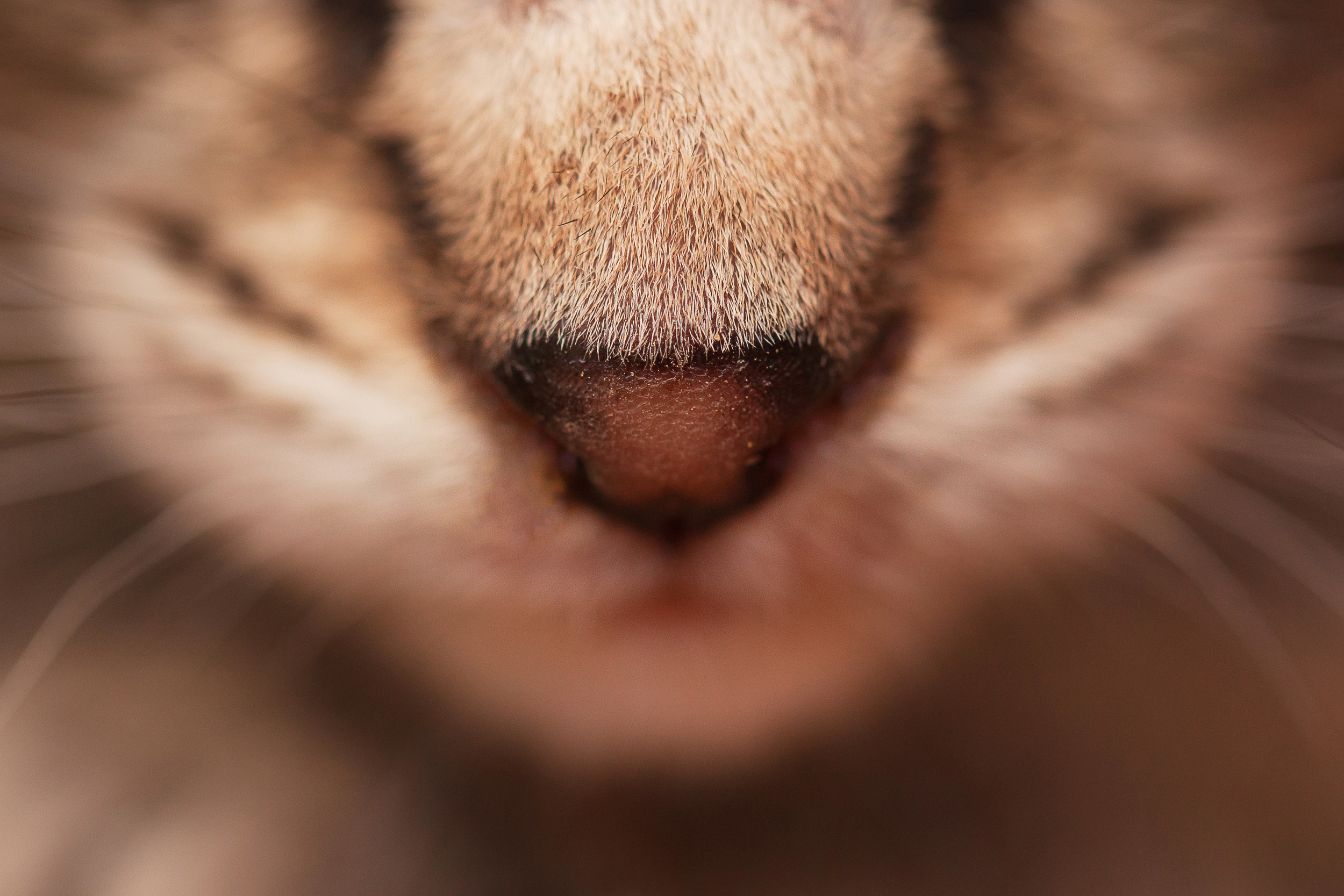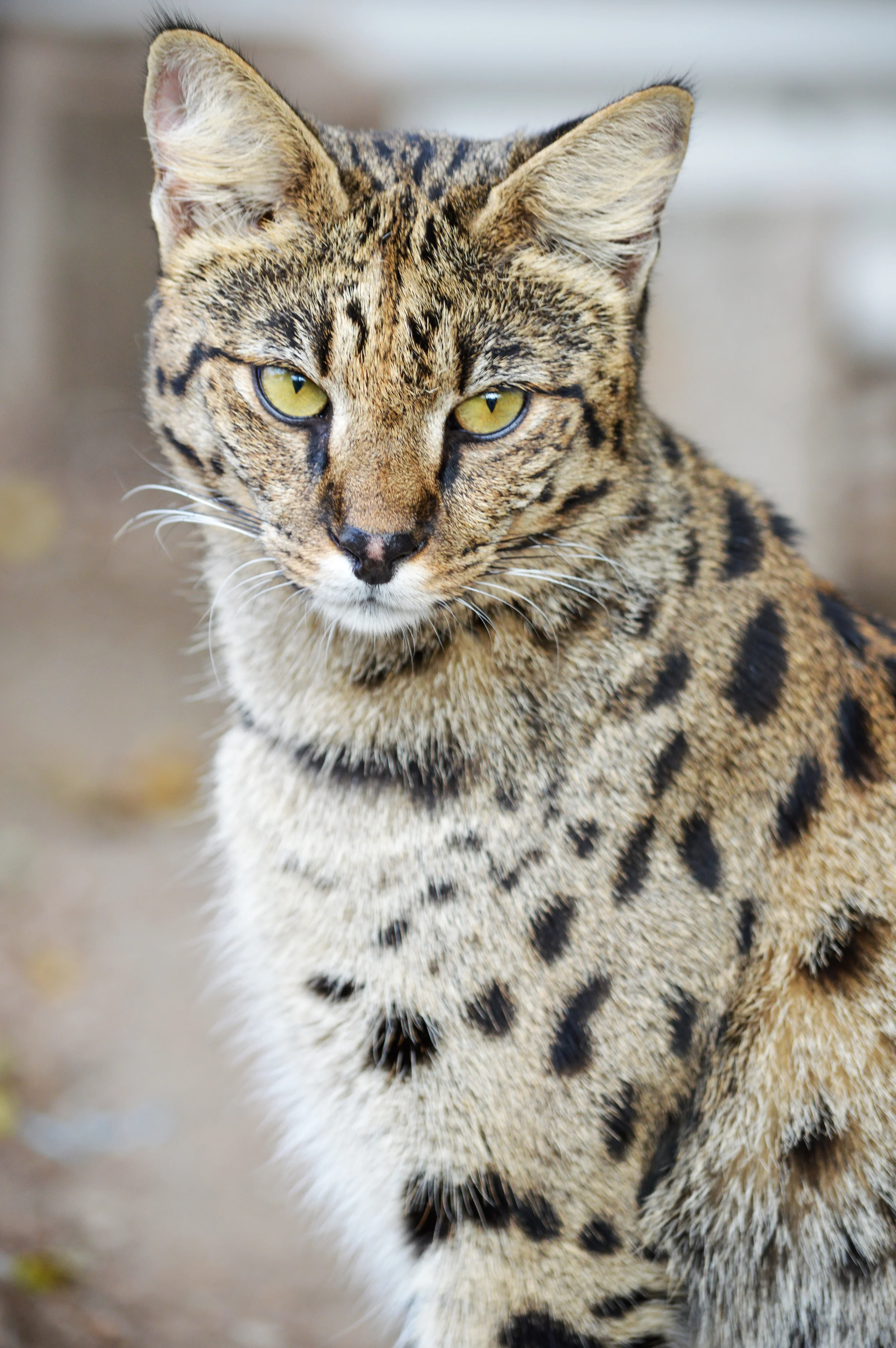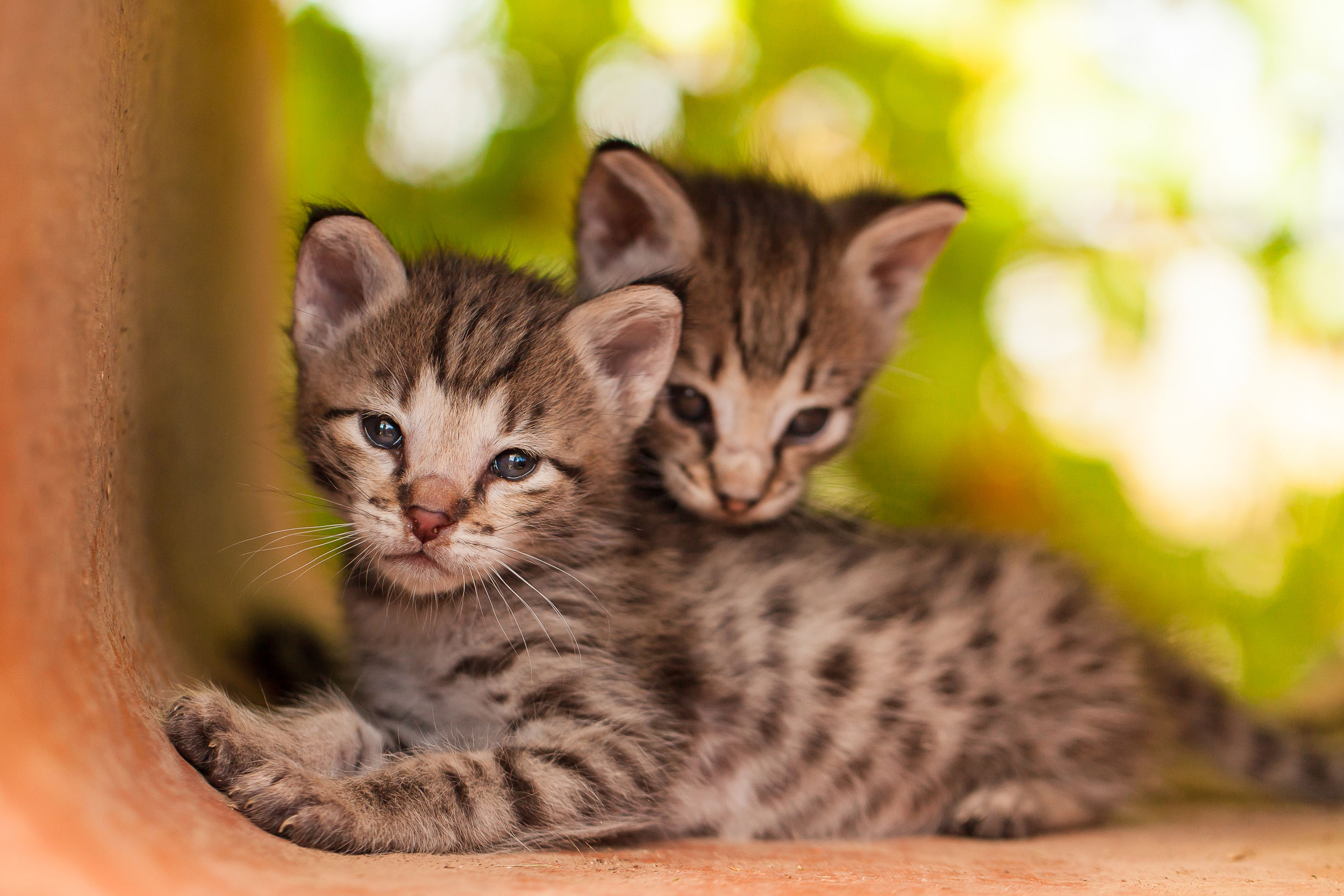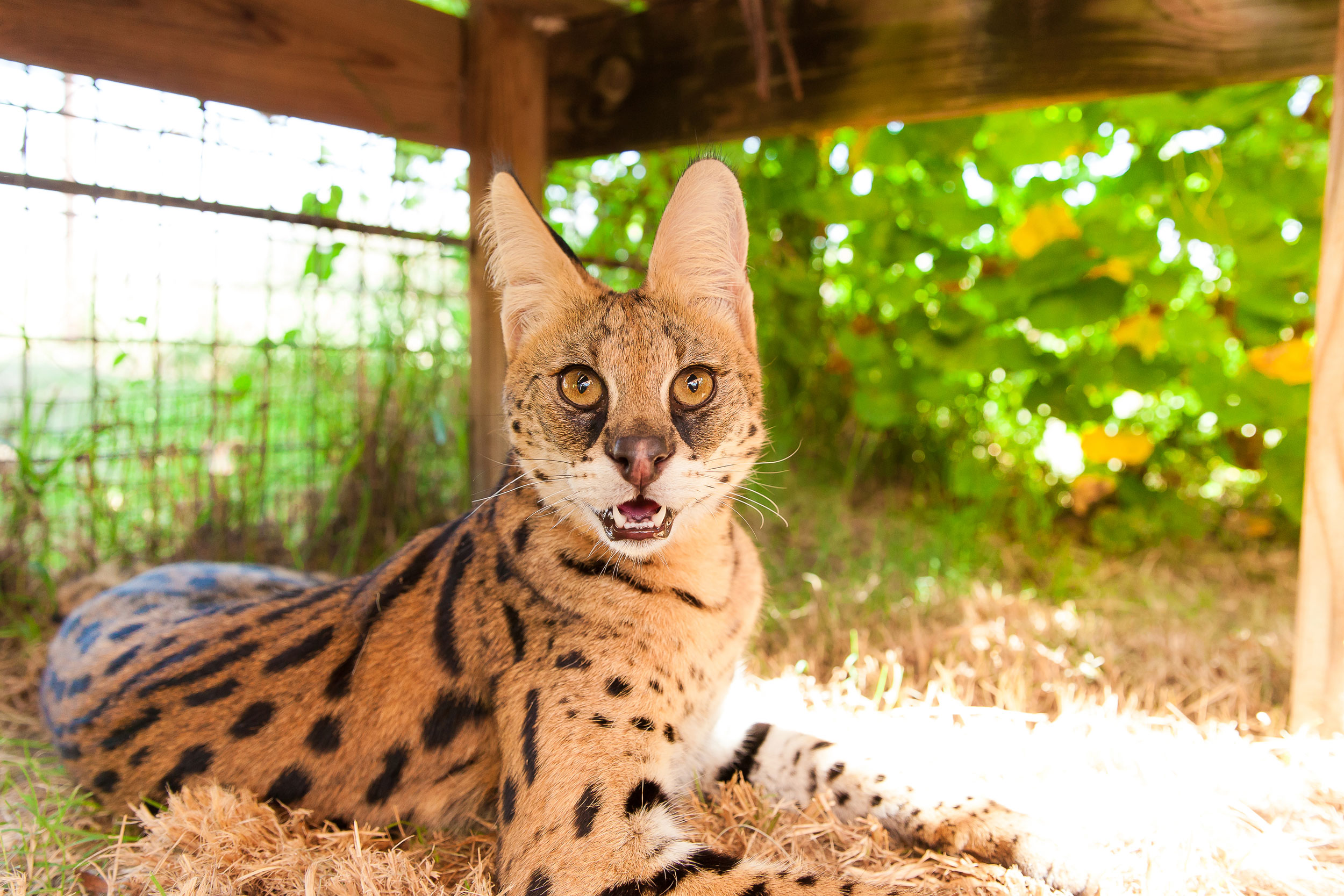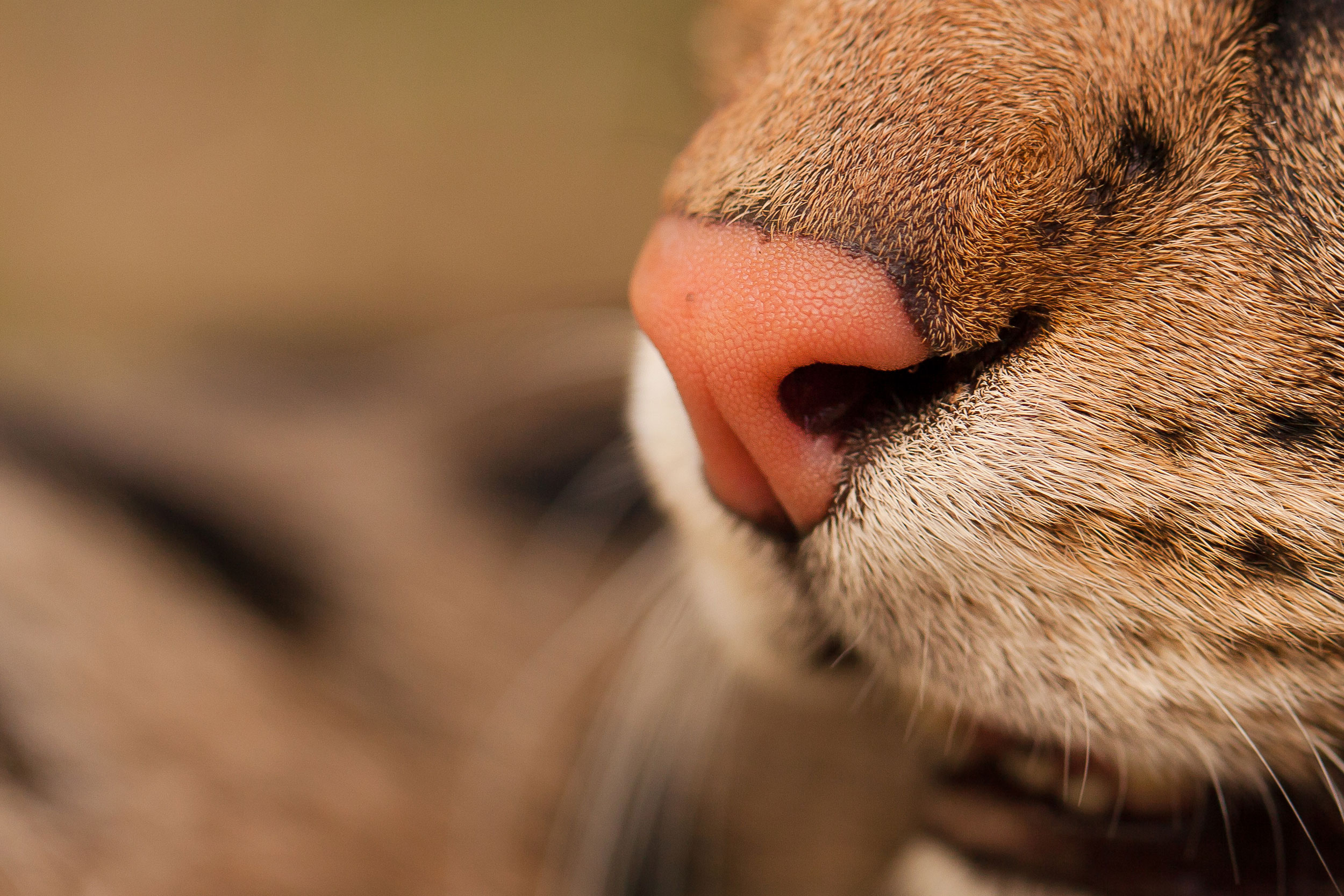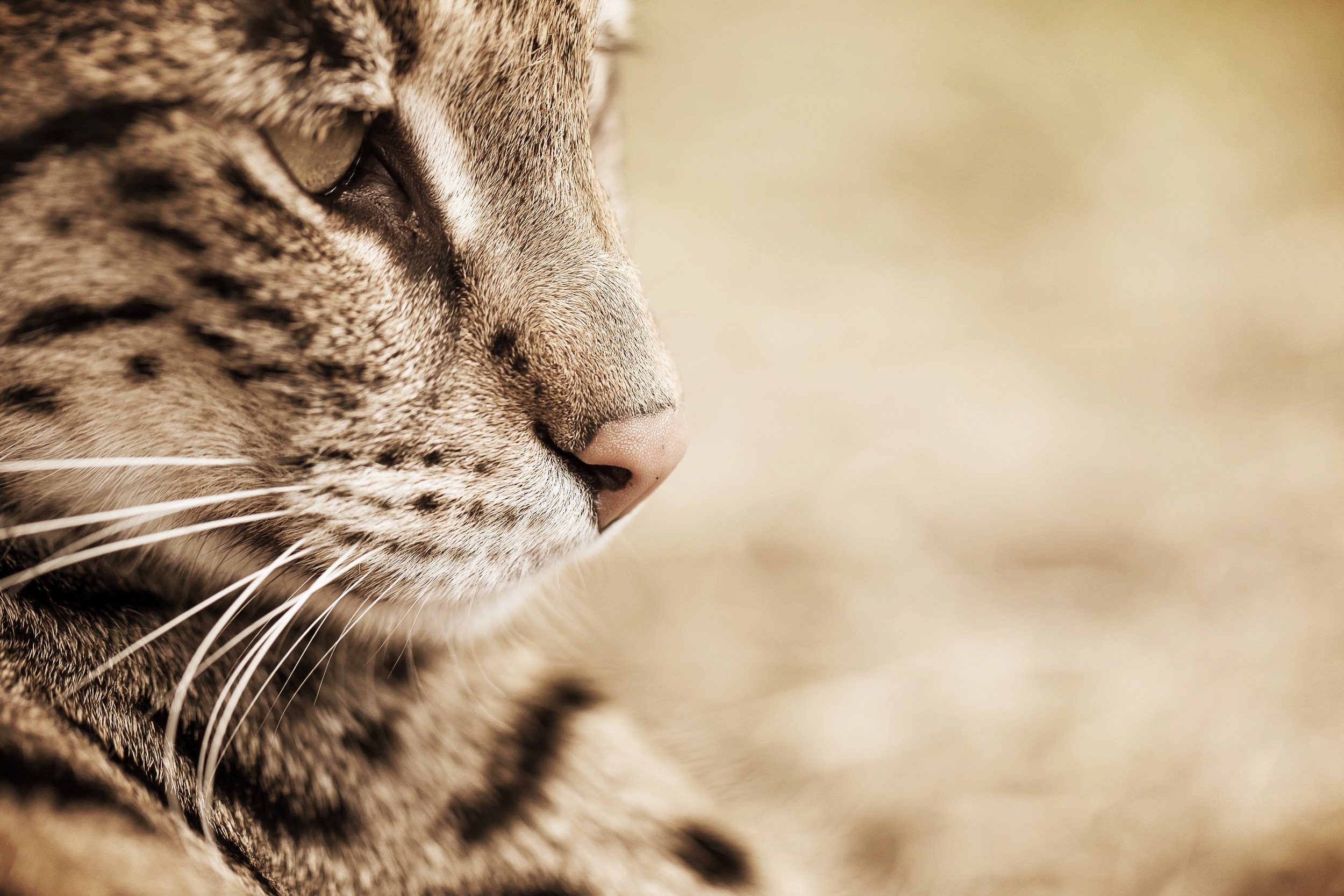
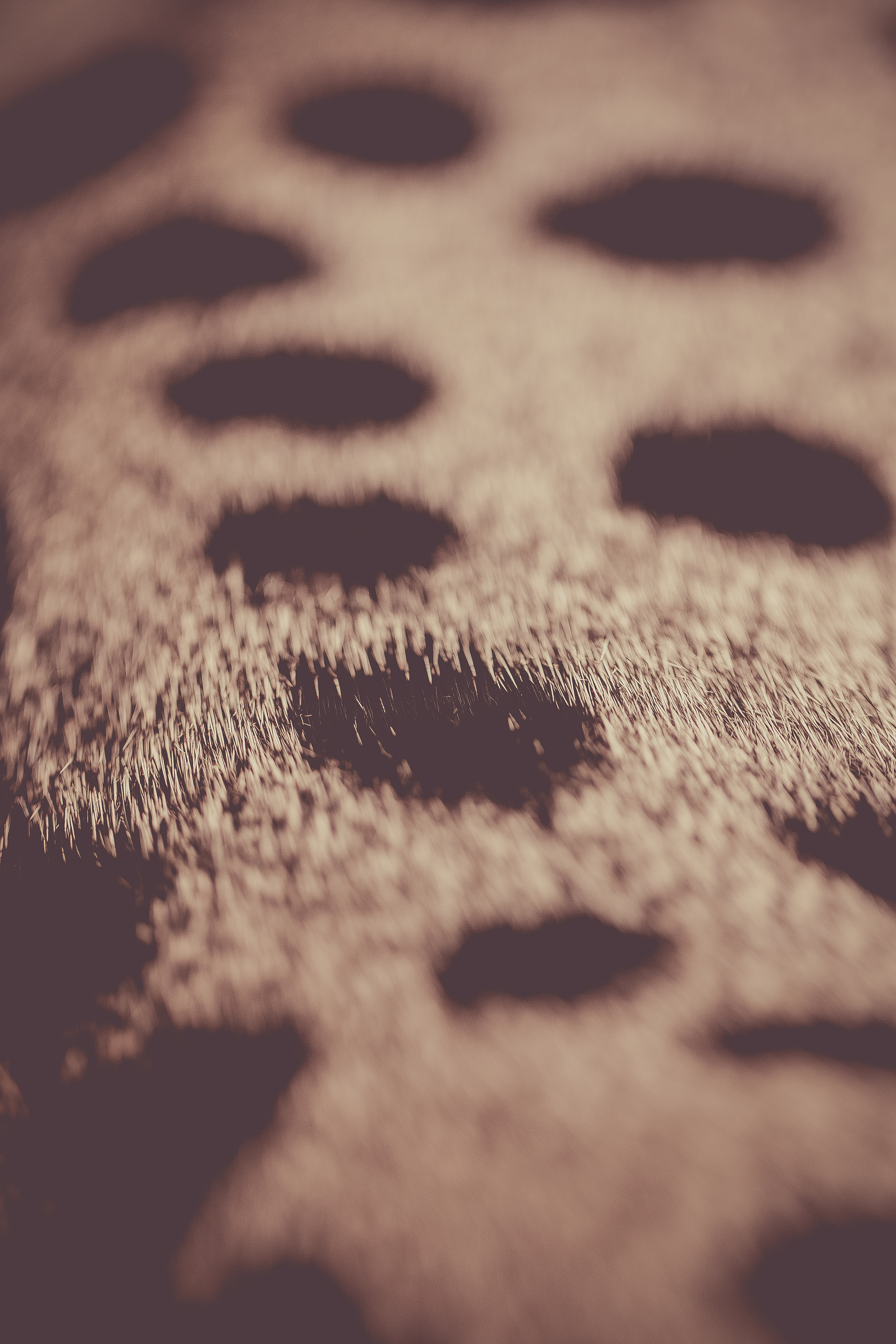
About Us
Hello and Welcome to an A1Savannahs.
A1Savannahs has a rich history as the original founder of the Savannah Cat breed. Formerly known as New Horizon Bengals, our cattery was USDA Licensed, a Preferred Breeder Registered with The International Cat Association (TICA), Cat Kingpin Certified, and a member of the Feline Conservation Federation.
Founded by Joyce Sroufe, a pioneer in exotic cat breeding, A1Savannahs began in the late 1980s and registered its first Savannah litters in 1994. Joyce’s groundbreaking work established the Savannah Cat as a recognized breed, earning her a reputation as an expert in exotic cat breeding and care.
The legacy continued under Martin Engster, who carried on the tradition of excellence in breeding Savannah Cats. Martin dedicated over 15 years to breeding healthy, happy, and stunning Savannah kittens before closing the breeding program to focus on other endeavors.
Today, A1Savannahs has evolved into a trusted source of knowledge and inspiration. With decades of combined experience, we are committed to sharing valuable information about Savannah cats and other pets through our blog. Whether you're an experienced owner or simply curious about these magnificent animals, A1Savannahs is here to guide and inspire you.
Our Goal
At A1Savannahs, our mission is to be the ultimate resource for Savannah cat enthusiasts and pet lovers alike. While we no longer breed Savannah cats, we remain dedicated to sharing our passion, expertise, and knowledge through our blog. Our goal is to educate, inspire, and connect with the community by providing valuable insights into Savannah cats, other pets, and the joy they bring to our lives. We strive to be your trusted guide, offering information and support to help you create a happy and fulfilling bond with your pets.
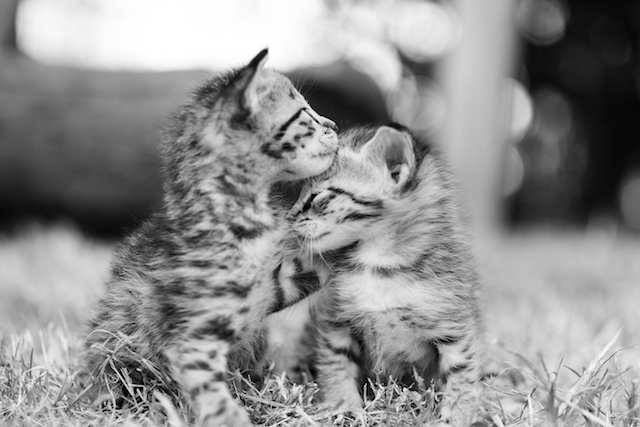
How to Care for Your Savannah Cat
Savannah cats are special. They’re beautiful, high-energy, intelligent, and retain many of their wild instincts. The basics of owning a Savannah cat are similar to that of any other cat. You’ll need to feed your cat, ensure it has access to water, provide it with plenty of socialization, and form a relationship with a veterinarian you trust.
This alone won’t be enough to give your Savannah cat the best possible life. These unique cats require a lot of their owners. But with this great investment of time comes a immense payoff. Savannah cats are brilliant family companions who will provide you with many years of love, entertainment, and play. Here’s how to give your Savannah cat a wonderful life.
Understand Your Cat’s Unique Genetics and Needs
Understanding your cat begins with understanding its filial generation. The lower the generation number, the more wild blood your cat has.
F1, F2, and F3 Savannah cats tend to behave a lot more like their wild ancestors. They may form a dominance hierarchy, be skittish around strangers, and require extensive socialization to get along with humans and other animals. Other behaviors you can expect to see include:
Jumping and leaping. Your cat may also try to play with you by ambushing you.
Predatory behavior. Your cat may chase and stalk prey (including other animals), and may bring you “gifts” in the form of dead animals. (we recommend outdoor play only if supervised or if in a fully enclosed area)
Very high energy. These cats need lots of exercise. If they don’t get it, they may become destructive or anxious.
The need for consistency and strong boundaries. Don’t bend the rules for your cat. Enforce clear rules. Savannah cats thrive when they know what’s expected of them. When the rules are inconsistent, they can become anxious. They may also break the rules. So if your cat isn’t allowed on the counter today, don’t allow it to jump on the counter tomorrow.
Suspicion in new situations. Savannah cats that are genetically similar to their wild relatives are suspicious of new people and places. Without proper socialization, they may be afraid of people.
Later generation Savannahs behave more like domestic cats, but retain some of their wild instincts. Be prepared for a high-energy, intelligent cat who wants to play.
Partner With a Vet Who Understands Your Cat
Unlike some other domestic cats, Savannah cats do not have any known genetic health issues. This means you can expect your cat to lead a long and healthy life. However, no cat is immune to illness. Your cat will need routine immunizations, regular oral health screenings, and annual check-ups. If your cat gets sick, you must have a relationship with a veterinarian you trust.
When choosing a veterinarian, consider asking if the doctor has experience with Savannah cats. Doctors who have worked with these cats before understand their unique needs, and may be better equipped to help your cat feel safe and secure during check-ups.
Invest in Training and Socialization
Early socialization will determine much about your cat’s personality. The more wild blood the cat has, the more important it is for you to socialize your cat as a kitten. Without early exposure to many people, animals, and experiences, your cat may become skittish. There’s no such thing as too much socialization. Consider taking your cat to as many places as you can in the first weeks after it joins your family. Make each experience as positive as possible. New people, for example, can give your cat small treats. Only introduce your cat to friendly animals. Otherwise it could become fearful or aggressive.
Training is equally important. Savannah cats respond well to positive training, a dominance hierarchy, and clear boundaries. They respond very poorly to punishment and to inconsistent rules. Decide on the rules early, and reward your cat for following them.
Savannah cats are highly intelligent. If their minds aren’t occupied, they’ll create their own activities—destroying the curtains, ambushing the family dog, or bringing in dead birds. Your cat will benefit from learning new words and commands, from spending time with you, and from lots of exercise. Savannah cats thrive in active, loving homes. In homes where they don’t get enough attention, exercise, or intellectual stimulation, they can become anxious, destructive, or even aggressive.
Feed a High-Quality Diet
Cats are obligate carnivores who need high-protein cat food. Generic supermarket brands are often full of unhealthy fillers such as corn and grain. Your veterinarian or breeder can help you choose the right diet for your cat’s needs.
Some owners choose to feed their cats a raw food diet similar to what they might eat in the wild. It’s important that the bones be uncooked, and that owners do their own research to ensure the diet is well-balanced.
Make Your Home Savannah Cat-Friendly
Set your cat and your family up for success by making your house cat-friendly. A few simple steps can make life easier for everyone:
Place a large litter box on every floor of the house. Higher generation cats may need more encouragement to use the litter box, so begin litter training as soon as you bring your cat home.
Create safe areas for your cat to climb and jump. Tall cat trees and scratching posts can make life more interesting for your feline friend.
Cat-proof at least a few rooms in your home so that your cat has a safe place to be when you’re not around. Remove dangling wires and curtains. If there is tall furniture, secure it to the wall so your cat can’t knock it over. Make sure there are no toxic plants, open bottles, or other dangerous objects your cat can easily access.
Create cat-friendly play areas in each room or area of the house. A few cat toys or a climbing post can deter your cat from clawing at curtains, scratching walls, and stealing things.
Secure any caged animals. Cats tend to view birds, fish, and rodents as prey. Keep them separate. Even if your cat seems to like these animals, never trust them alone together.
Create a safe hiding space in your house for your cat. Savannah cats need time alone, and a place where they can easily escape visitors, dogs, and loud noises. It can be an area under a bed, a crate, or a dark spot under your desk. Your cat may also choose its own safe space. Make sure your cat always has access to this space. If you need to close off various rooms of your house at different times, ensure there are several safe spaces where your cat can hide.
Savannah cat ownership requires work. But like most other work, owning a Savannah cat is intensely rewarding. We’d love to help you choose the right Savannah cat for your needs. We can help you plan for a lifetime of friendship with a cat you love.
Take a look at some of the products we recommend.

